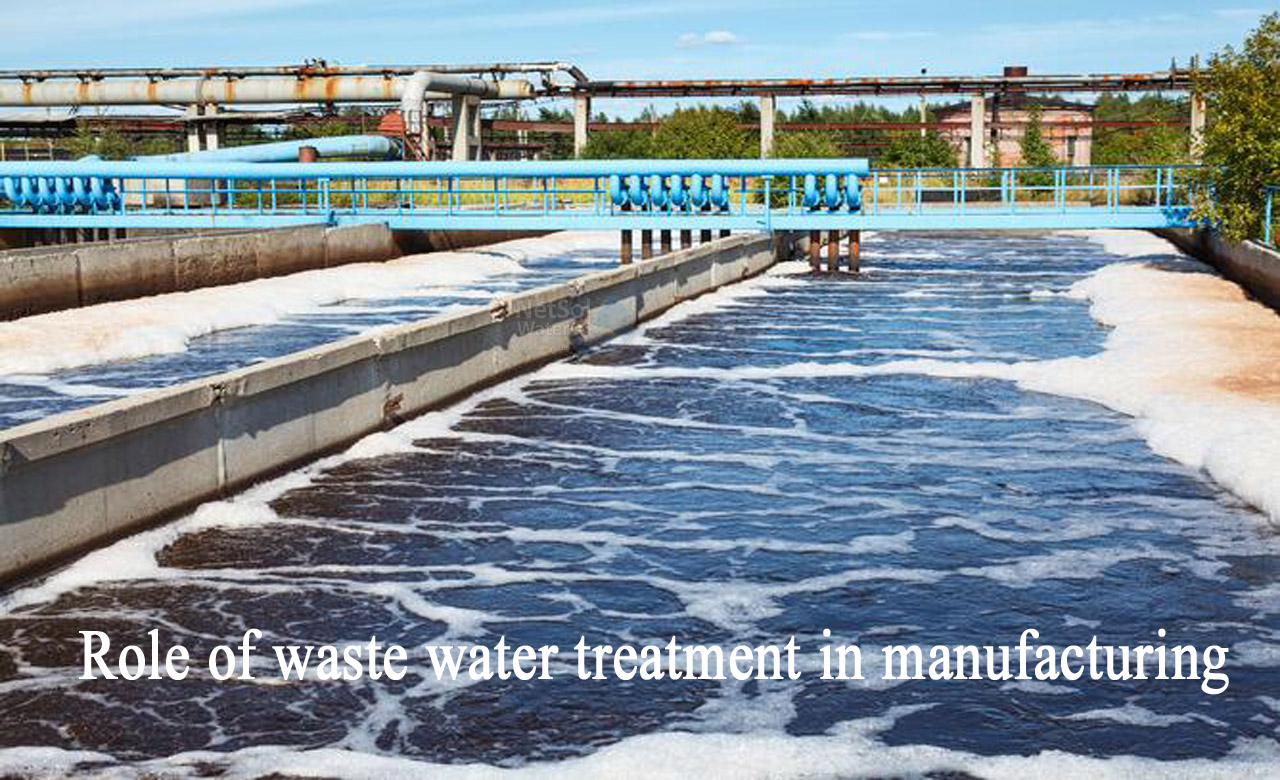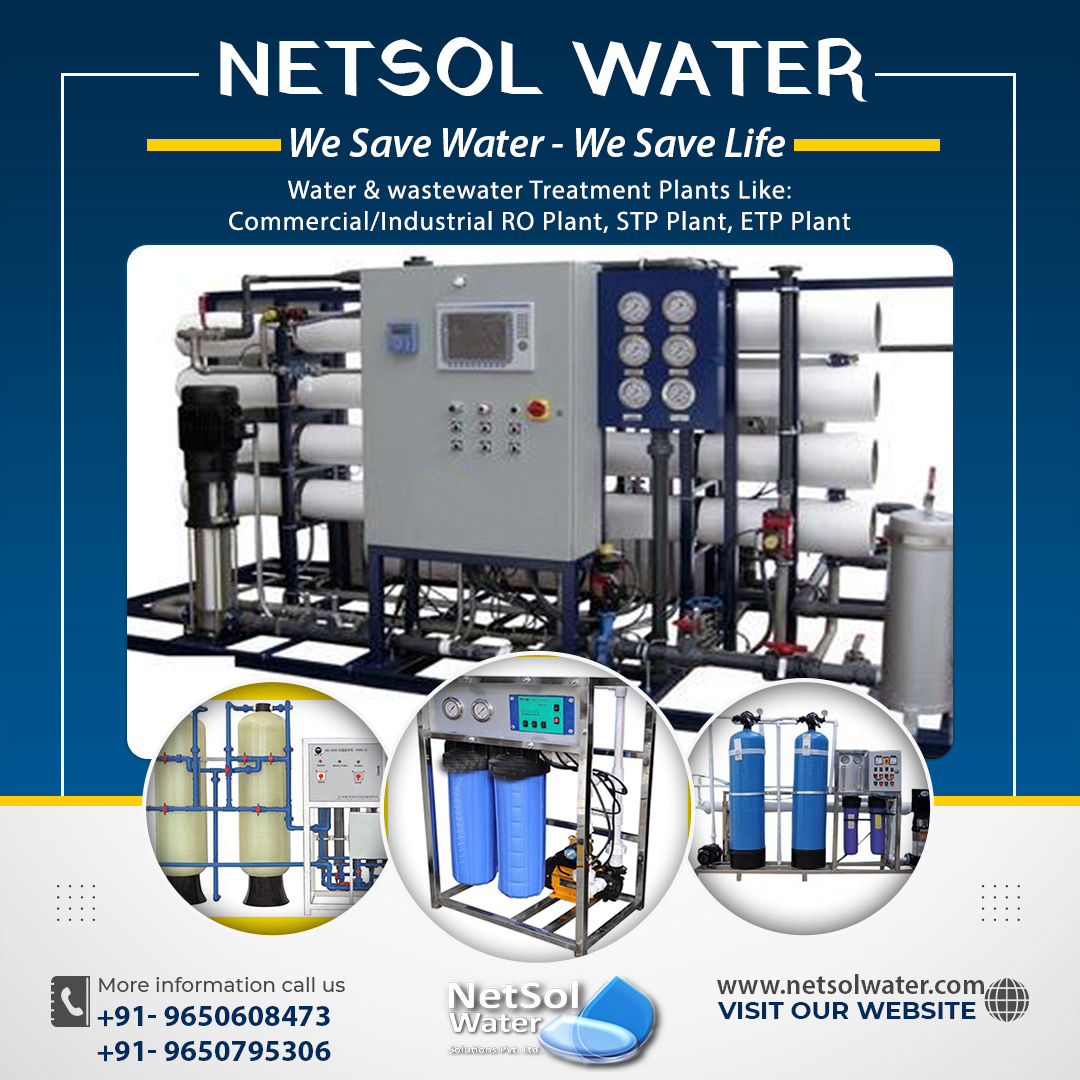INTRODUCTION
The manufacture of almost everything we use today necessitates vast volumes of water. On a basic level, water is required in the refining and production of raw materials such as metal, fuel, oil, lumber, chemicals, paper, and plastic.Furthermore, the manufacturing process that transports and transforms those raw ingredients into consumable items necessitates vast amounts of industrial water. Industrial water can be used for production (fabrication, washing, chilling, boiling, and so on), sanitation (of the facility, staff, and equipment), or as a raw material in the product itself inside a single manufacturing facility.
INDUSTRIAL WATER QUALITY STANDARDS
The food, beverage, and pharmaceutical industries, where the finished product is intended to be consumed by the consumer, place a premium on maintaining the quality of industrial water. If water is contaminated during the manufacturing process, there is a significant danger that the pollutant will be passed to the finished product and cause harm to the end user. As a result, the Food and Drug Administration strictly regulates water treatment methods and quality standards for food, beverage, pharmaceutical, and medical items (FDA). Aside from the possible health dangers, utilising contaminated water to make non-edible goods can also change the product's essential qualities and quality.
WASTE WATER MANAGEMENT
Industrial wastewater treatment technologies and filtering systems are often installed in large-scale manufacturers' manufacturing plants so that effluent does not need to be hauled offsite to be sterilised. Despite the fact that these solutions are designed to automate the sanitation process, they still require human intervention to function and achieve consistent results.After being properly sanitised, industrial wastewater can be discharged into a sanitary sewer (a clean underground water transport system) or into the surrounding environment's surface water. The quality and quantity of water that can be released into lakes, rivers, and wetlands are strictly regulated and usually monitored by local governments. The goal of these checks and balances is to safeguard the ecosystem's health and integrity.
To decrease water-related costs and establish a more sustainable brand image, an increasing number of businesses are preferring to recycle water after it has been adequately cleaned. Before the production cycle can be finished, water quality testing is required, regardless of whether the water will be released or reused.
WATER QUALITY MONITORING
To ensure that the water used in manufacturing is clean, manufacturers will test it periodically at various points throughout the process and track any changes that occur. In-line water quality monitoring monitors, analysers, controllers, or transmitters are often put in all water receptacles in an industrial-scale operation to provide an efficient and consistent way of data collecting. The data from these in-line equipment can be saved for manual extraction or sent immediately to a computer, where qualified employees can look for anomalies and guarantee the water is safe to drink.
Post-production, in-line water quality monitors, analysers, controllers, or transmitters are used to test sanitised water before it is released or reused. Manufacturers can assess if there are any leftover contaminants in the water and if it has been sterilised in compliance with federal and local laws by monitoring parameters like as oxidation reduction potential (ORP), temperature, pH, conductivity (CON), dissolved oxygen (DO), and turbidity. Water quality readings should be utilised to determine what changes should be made to the sanitation agents and procedure to remedy the issue if the water shows evidence of contamination.
CONCLUSION
Regardless of industry, water management is critical in production. Businesses need a dependable way to source clean water, monitor water quality, and dispose of wastewater, which is one of the most common by-products of manufacturing, in order to manufacture goods.
For all production operations, NETSOL WATER SOLUTION provides the best water management and waste water treatment.




